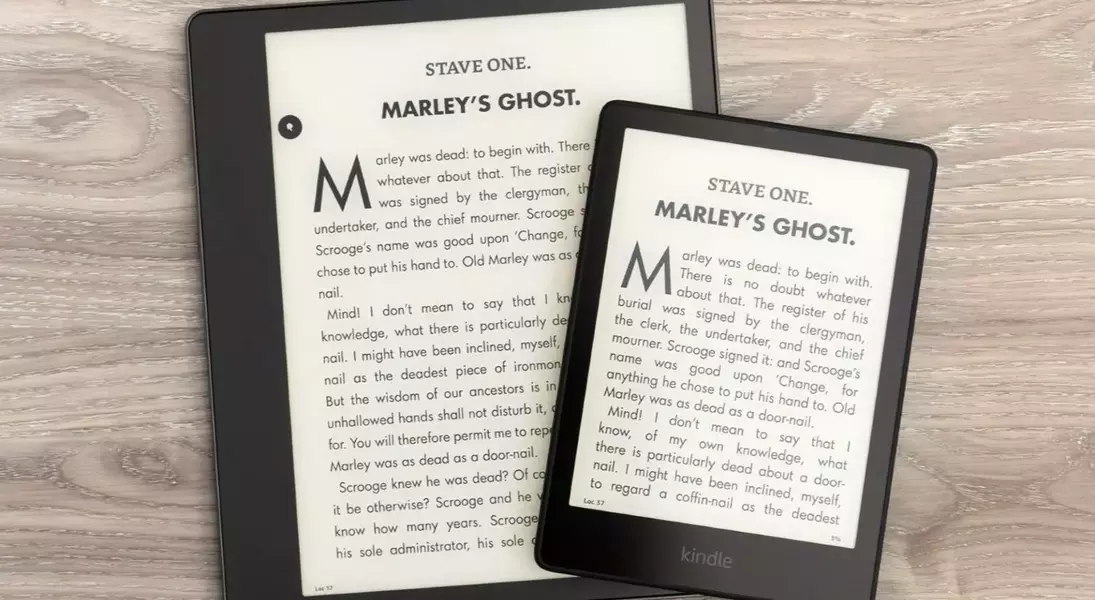
In a significant shift for digital readers, Amazon has announced the discontinuation of the "Download & Transfer via USB" feature for Kindle users. Effective from February 26th, this change restricts e-book downloads exclusively to WiFi connections. This move marks the end of an era for those who relied on USB transfers as a means to back up or transfer their e-books outside Amazon's ecosystem. The removal of this option has raised concerns among users about the future accessibility and portability of their digital libraries. With exclusive deals and market dominance, Amazon continues to tighten its grip on the e-book industry, making it crucial for users to act quickly if they wish to preserve their collections in alternative formats.
The decision by Amazon to eliminate USB downloads is part of a broader strategy to reinforce its proprietary control over e-books. Previously, the USB option allowed users to save e-books in the AZW3 format, which was more susceptible to DRM (Digital Rights Management) bypass techniques compared to the newer KFX format. This made it easier for readers to convert and share their e-books across different platforms. The USB download feature also served as a reliable backup method, ensuring that users could recover their books in case of device failure or account issues. However, with this option now being phased out, users are left with fewer alternatives for managing their e-book libraries.
The growing number of non-Amazon e-book providers, such as Bookshop.org, highlights the increasing demand for open and accessible e-book platforms. Yet, Amazon's market dominance allows it to secure exclusive content deals, both in audiobooks and e-books, making it challenging for other platforms to compete. For instance, Amazon has been known to remove books from its platform without notifying users, as seen in the 2009 incident where George Orwell’s Nineteen Eighty-Four was deleted from user libraries due to licensing issues. This underscores the importance of backing up e-books while the option is still available.
Kindle devices remain popular among e-reader enthusiasts, but they come at a premium price. The latest models, such as the Colorsoft Kindle priced at $280 and the Kindle Paperwhite at $160, reflect the high cost of staying within Amazon's ecosystem. Even alternative e-readers like the Onyx Boox Go 6 ($150) can be limited if users have most of their books locked into Amazon's platform. Given these challenges, it is advisable for users to explore open-source apps like Calibre, which can read various e-book formats, allowing them to access their libraries without relying on Amazon's infrastructure. Additionally, services like Libby and Project Gutenberg offer DRM-free options for those seeking classic titles in EPUB format.
With the removal of USB downloads, users should take immediate action to safeguard their e-book collections. By downloading their libraries now, they can ensure continued access to their favorite reads, even if Amazon's policies continue to evolve. As the e-book landscape changes, it's essential to stay informed and proactive in managing digital content.
